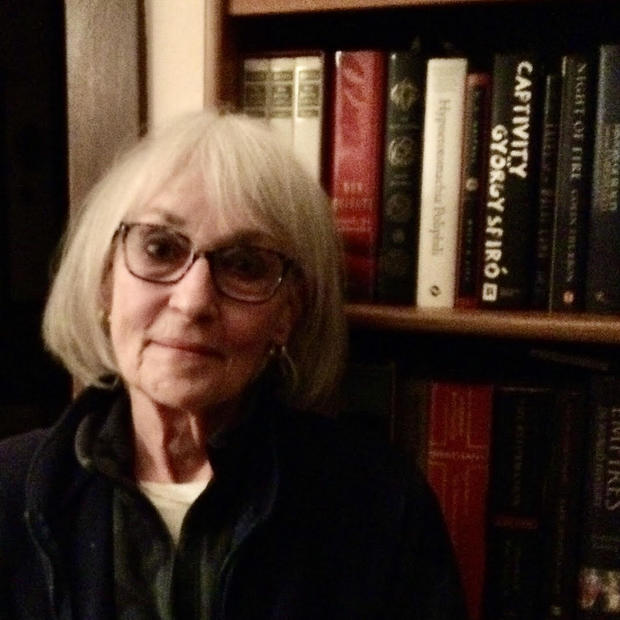"Food Politics: Advocacy for Social Change" was the topic of the Tuesday (October 19) lecture in the UW’s eight-part series, “Food: Eating Your Environment.” NYU professor, author, and blogger Marion Nestle urged a lively crowd, including many students majoring in public health, to join a nationwide social movement aimed at making food more healthful everywhere for people and the environment.
Nestle outlined issues that are ripe for active public advocacy in America, such as unsanitary and inadequate food supplies abroad, food safety at home, and the rise in obesity. She surveyed hindrances to progress in these areas, including corporate marketing and the politics of agriculture, and praised the growth of farmers’ markets and of urban and organic farming.
In front of a Seattle audience, in short, Nestle was preaching to the choir. But her call to take personal responsibility was powerful: when buying groceries “vote with your fork!” So was her call to take social responsibility for needed changes in public policy.
Changing public policies can sometimes seem impossible. Nestle mentioned the gargantuan campaign donations from soft drink company interests, mostly from outside the state, that killed a tax on soda proposed in New York State to improve New Yorkers’ health and state revenue. (A similar campaign is unfolding here. The D.C.-basedl American Beverage Association has poured $16.5 million into a campaign to repeal the state’s current tax on sugary beverages, far outdoing the top 5 donors fighting Big Sodapop’s repeal measure — all of them Washington state entities — whose contributions totaled a mere $304,229 at last check.)
The food controversies, fueled by the social movement Nestle helped start as managing editor of the 1988 Surgeon General’s Report on Nutrition and Health, can generate more heat than a Vulcan stove — but sometimes more light, too. Friday’s New York Times (Oct. 22) published a fascinating chart showing that schoolkids can be persuaded to eat far more healthfully with a simple change: redesigning cafeteria lunch lines.
Still to come in the UW series : Oct. 26 - "Eating Fish to Save the Rainforest,” by Ray Hilborn, professor of Aquatic and Fishery Sciences, UW; Nov. 2 - "Social Sciences, Nutrition, and The Meal," by Claude Fischler, co-director of the Edgar Morin Centre, Paris; Nov. 9 - "Feeling the Heat: Food and Famine in a Finite World,” by Cary Fowler, executive director, Global Crop Diversity Trust, Rome; Nov. 16 - "Collaborative Conservation to Restore America's Wild Food Diversity,” by Gary Nabhan, founder of Renewing America's Food Traditions (RAFT); and Nov. 30 - "The Ecosystem as the Measure: 50 Years to Perennial Sustainability," by Wes Jackson, founder of The Land Institute.
Tuesdays, Kane Hall 130, 6:30 p.m. Free and open to the public. Reservations have reached capacity (except for Nov. 16), but crowds of last-minute guests have been admitted. If you arrive before 6 p.m., you’re almost certain to get a seat.


